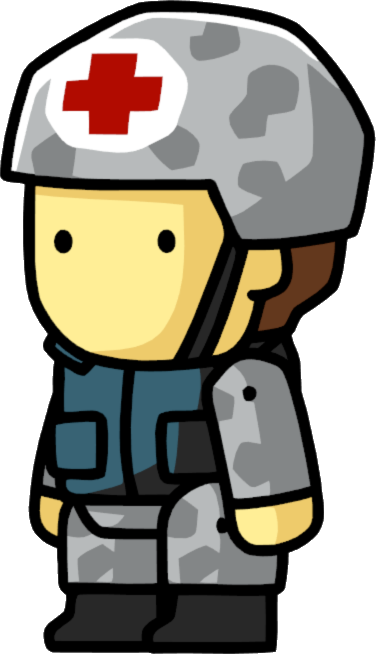

And we consider the second option as not only a right but a responsibility of the physician. We see no justification for abdicating our responsibility as physicians to the bishop or anyone else. In those rare instances when a bishop’s opinion is known before a medical decision is made, we believe the first option is not valid. Second, to “accept the authority of the statement but disagree with its reasoning and so not follow it because doing so would violate one’s own conscience.” First, to accept the bishop’s statement and follow it, while disagreeing. If the bishop offers an opinion or judgment after the decision has been made, Father O’Rourke suggests two possible responses. We can not imagine saying to a patient, “I have talked to the bishop about this.” The response would be: “The bishop! What does he know about this? You are my doctor. Even then, the physician would not abdicate his decision making role to the bishop. The one step the physician probably does not take is to ask the opinion of the bishop, unless the bishop is a personal friend or has participated in ethics committee discussions, bedside conferences with the patient and family hospice care discussions or has otherwise indicated a willingness to share the burden of complex medical decision making. They know that their decision may turn out to be wrong, even when they are “certain” they are doing the right thing. They ask themselves what they would do if the patient were their father, mother, sibling or child. The majority of physicians we know take this responsibility very seriously. The physician may consult colleagues and medical literature, talk further with the patient and family, pray about it, sleep on it but will still feel responsible at the end. In all these situations, the physician feels responsible for making the decision-to operate or not, etc.-whatever the situation demands.

In a remote jungle hospital, Father John often has found himself working as the only physician-de facto chief of medicine, surgery, obstetrics and pediatrics, hospital C.E.O., chaplain and sole member of the ethics committee-with no one but the Holy Spirit to guide his decisions. In especially challenging situations, the hospital ethics committee may be asked to consult. Would another CT scan, surgical procedure or chemotherapy regimen really help? What are the costs, in dollars and discomfort? Do the patient and family members agree? In an emergency, what attempts should be made to resuscitate? Should life-support measures be started, continued or discontinued?Īt Charles’s hospital in Wausau, Wisc., these questions are discussed by the physician and other caregivers, including physician specialists, nurses, social workers and chaplains. Still, after listening to even the most detailed explanation, the question from the patient is usually, “What do you think I should do, Doctor?” The patient implicitly trusts the physician to recommend a course of action that is best medically and ethically.ĭecision making near the end of life is often challenging. But during a pregnancy, when two or more lives are involved, decisions are hard.įor a physician, every decision about surgery involves weighing risks and benefits and explaining them so the patient and/or the family can share in the decision-making process. When the risks are small and potential benefits are large, decision making is easy. Nearly all diagnostic and therapeutic decisions have some ethical implications. Physicians make ethical decisions every day, though few are as dramatic as the Phoenix case, and few come to the attention of any bishop. Charles is an ophthalmologist, now retired, and John is a missionary priest/physician in a remote jungle hospital in Peru. (The three articles are: “Complications,” 8/2/10 “From Intuition to Moral Principle,” 11/15/10 and “Rights of Conscience,” 8/1/11.) Both authors are graduates of the Stritch School of Medicine, Loyola University Chicago, in Marywood, Ill.

MacCarthy, M.D., O.Praem., offer their insights on medical decision making and the bishop’s disciplinary decisions. I n response to several articles in America by Kevin O’Rourke, O.P., concerning Bishop Thomas Olmsted’s reaction to an alleged direct abortion performed in a Catholic hospital in Phoenix, Ariz., Charles F.


 0 kommentar(er)
0 kommentar(er)
